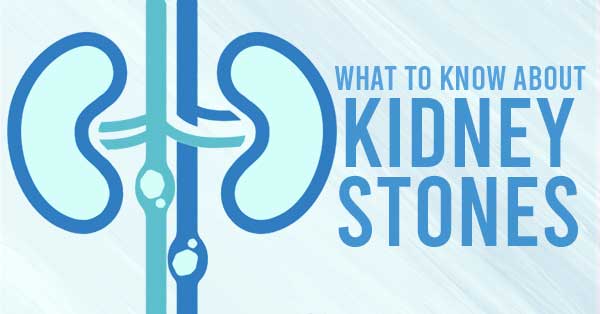If you know someone who has experienced kidney stones, you likely have a very good idea of how painful they can be! These “stones” are formed in the kidney and can range in size from a small grain of salt to a large pearl.
Depending on their size and severity, medical attention may be necessary to safely pass a kidney stone as they can get stuck in the urinary tract, restricting the flow of urine. Doctors have a variety of methods for removing these if necessary.
How do kidney stones occur?
The Mayo Clinic describes a number of issues that can result in the formation of kidney stones including diet, excess body weight, or the use of certain supplements, or medications. Additionally, those with some pre-existing medical conditions can be at increased risk of forming kidney stones.
In a technical sense, a kidney stone is formed when your urine contains more crystal-forming substances than there is fluid in your urine (for example calcium, oxalate, and uric acid).
How can I lower my risk for kidney stones?
One big change to lower your risk is in regard to your water consumption!
Drinking a healthy amount of water can be quite beneficial in keeping your urine system clear of any buildup. There are lots of numbers floated around in regard to just how much water you should drink everyday (U.S. National Academies of Science, Engineering, and Medicine say 3.7 liters per day for men, 2.7 liters for woman) but the best strategy for your body may be to just pay attention to the color of your urine with an aim for clear urine.
As with most health conditions, diet can play a big role. Those that eat a diet high in protein, sodium, and sugar will be at an increased risk of developing kidney stones. The more salt you consume as a result the more calcium your kidneys must filter.
What happens if I pass a kidney stone at home?
If you happen to pass a kidney stone at home, consider saving it if possible. It could then be brought to your doctor for analysis.


